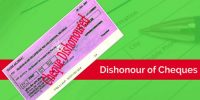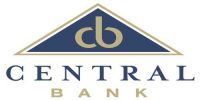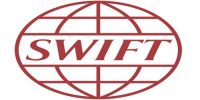Payment in due course is a payment made at or after the maturity of a bill of exchange to the holder of the bill by a payer in good faith and without notice that the holder’s title might be defective. A bill is discharged by payment in due course by or on behalf of the drawee or acceptor. When a bill is paid by the drawer or endorser it is not discharged and the party paying may have rights on it. The true owner of the note cannot also demand payment but must look to the recipient of the funds.
Requisites for Payment in due Course –
- Payment must be made at or after the date of maturity
- Payment must be to the holder
- Payment must be made by the debtor in good faith and without notice that his title is defective.
It is the payment of a negotiable instrument to the holder on or after its due date in good faith by the payer and with no notice of any defect in title. A bill is discharged by payment in due course by or on behalf of the drawee or acceptor. Payment usually made once the bill of exchange has matured, or after it; usually done in good faith. When a bill is paid by the drawer or indorser it is not discharged and the party paying may have rights on it.














